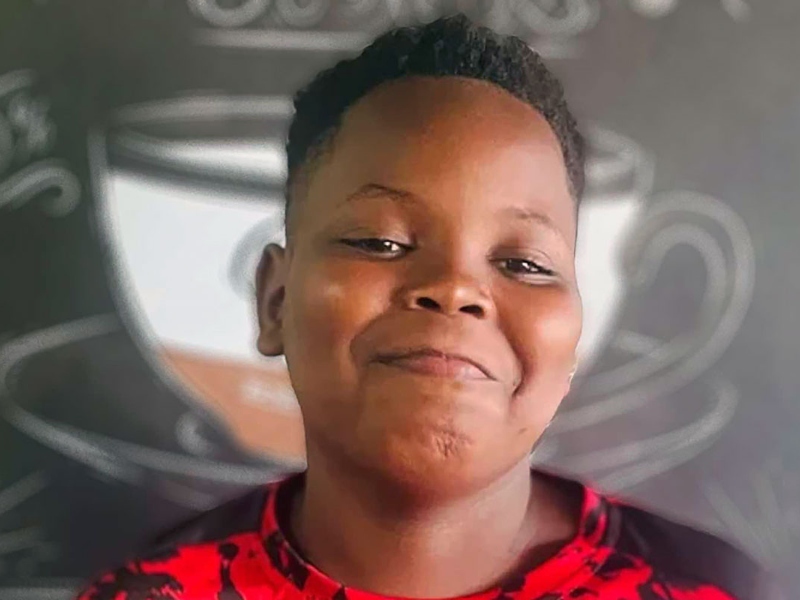In Senatobia, Mississippi, an 11-year-old Black child, Quantavious Eason, found himself entangled in the legal system after a seemingly minor incident of urinating in public last August.
Initially arrested at the tender age of 10, Eason faced the charge of being a child in need of supervision. This led to a probation sentence, coupled with an unusual requirement to pen a report on Kobe Bryant, the late NBA icon.
However, Eason’s mother took a stand against what she saw as an unjust treatment of her son.
Refusing to sign the probation agreement, she argued that the terms, such as drug testing and an 8 p.m. curfew, were excessive for a child.
The family’s attorney, Carlos Moore, echoed these sentiments, highlighting the racially biased nature of Eason’s arrest and subsequent sentencing.
In a recent hearing, Judge Rusty Harlow made a significant decision to dismiss the youth court petition against Eason.
This move not only halted the probation but also ignited plans for legal action against the city and the police officers involved.
Moore emphasized that the treatment Eason received was indicative of a systemic issue, suggesting that a white child wouldn’t have faced such harsh consequences for a similar offense.
The incident has sparked widespread controversy, shedding light on the lack of transparency in youth court proceedings and raising concerns about racial bias within the legal system. Senatobia’s police chief acknowledged mishandling the situation, resulting in disciplinary actions against the officers.
Ultimately, the dismissal of charges against Quantavious Eason serves as a stark reminder of the urgent need to address racial disparities in the treatment of Black youth within our legal system.

